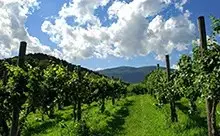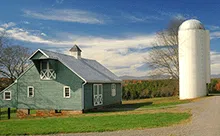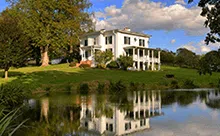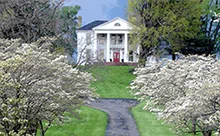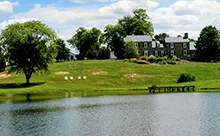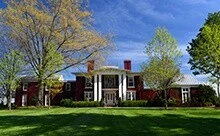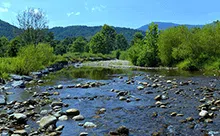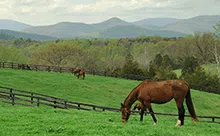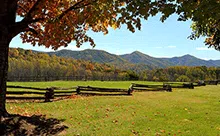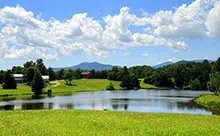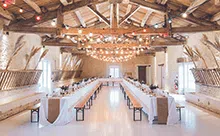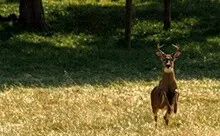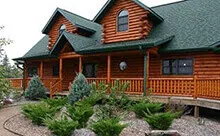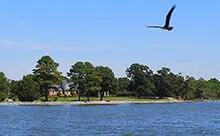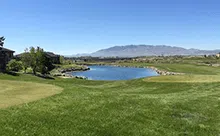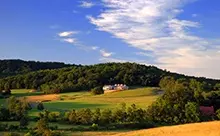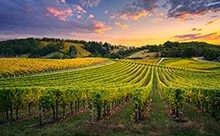
Virginia Distilleries for Sale
Range of distilleries/alcohol
Virginians certainly do not shy from the distillation process. From the north down to the south, east to the west, you can find distilleries all across the state. Certainly without limitations as well, that variety of spirits varies even within the single distillery. For example, the A. Smith Bowman Distillery in Fredericksburg produces bourbon whiskey, vodka, and gin.
Tourist Attraction
While it is hard to say exactly how many tourists travel to these distilleries, it’s easy to assume that the number is only growing. Virginia has a growing number of not only distilleries, but also vineyards, wineries and breweries. With the 2014 law making it possible to sample and purchase spirits at distilleries, visiting them has only recently become that much more entertaining. There is the Whiskey Wine Loop for all those tourists wishing to indulge in all types of craft beverages in the state of Virginia.
Virginia: Ideal place for distilleries
For many reasons Virginia is an ideal place to own a distillery. For one, visiting wineries and breweries is on the up and up as a weekend venture. This has been expanding to include distilleries in the past two years as it is now legal to sample spirits at the distilleries and even purchase them. (This was outlawed until 2014.) Another reason is because, in the spirit of farm to table, Virginia has always been ideal for agriculture. This being said, one can either purchase the grains for distilling locally, or even grow them in Virginia. This will especially be important in years to come as more and more people are dismissing corporate farms to support local business and know where their food (and drink!) come from.
Whiskey Wine Loop
This Blue Ridge Whiskey Wine Loop includes wineries, distilleries, breweries and even restaurants. It covers a 100 mile loop and makes for quite the trip around Virginia, intoxicating you the entire way. Currently Copper Fox Distillery is the only distillery on the loop, meaning there is plenty of room for another distillery! Be sure, the visitors will come.
History of Distilleries in Virginia
The immigrants who came to America were extremely diverse, thus the distillers who created the first spirits in America were equally unique. Hailing from the 1600s, the beginnings of homemade spirits by colonists was certainly no joke. Settling into an unknown land must require at least some amount of inebriation. So, let’s toast to our forefathers of distillation, and I will give you a brief rundown of the history as we know it in Virginia.
There was a man named George Thorpe who lived in the early 1600s who, for all intents and purposes was one of the initial distillers of whiskey in America. You see, early on rum was the most popular spirit in the colonies, and became extremely important in the spirit of trade. (Lots of rum distilleries existed in the Northeast.) Rum is made from sugarcane, but Mr. Thorpe figured out that distilling from corn (which makes whiskey) was much preferable to him. Unfortunately for George Thorpe, an encounter with the Powhatan Indians left him for dead. Mister Thorpe’s delicious discovery did not gain speed or popularity in Virginia for another 100 years.
That being said, rum was the choice of drink up until the Revolutionary War. Whiskey was simply being created as a way to make use of excess grain and turn a profit. It turns out whiskey is an easily traded commodity. Then, with the outbreak of war with the British, the British blockaded many of the ports for the majority of the war. This meant no sugar. Without sugar there was no rum. Without rum, the need for a new spirit not dependent on ports or trade emerged and thus the true whiskey revolution. The Scottish and Irish who had immigrated to America brought with them a strong tradition of whiskey production. The Scottish and Irish settlers used crops better suited for the American climate, such as corn and rye, and so it was the birth of bourbon. (Although it would still be another century before the term “bourbon” was coined.)
From there out there was a bumpy road ahead for distillers, who more often than not, found themselves at odds with the law. There were the “whiskey boys” who refused to pay taxes on their product. Then, in 1920 the era of prohibition arose. This led to moonshine being created and sold on the early black market. Prohibition ended in 1934, and the Virginia ABC (Alcoholic Beverage Control) has had a hand in the distilling process ever since. The birth of craft distilleries in Virginia has since been a rocky road with laws ever evolving in their favor thanks to some pushy trailblazers. Small spirit producers in Virginia can now sell their products on site, as well as offer tastings! This was outlawed until 2014! That said, now is an ideal time to jump into the world of craft distilleries.
Types of Distilleries and Spirits
A distillery is quite simple a place where liquor is manufactured. Now when you look around you may be overwhelmed by all the descriptions and what they mean. For example: “small batch” and “craft distillery” are two terms frequently used to garner attention to certain spirits. Here I will answer questions about what makes a craft spirit “craft” or “small batch”.
-
Micro-Distillery: Currently there is no legal definition for micro-distillery.
-
‘Craft’ or ‘Artisan’: Maximum production should not exceed 50,000 proof gallons/year. (This equates out to about 68.5 nine liter cases/day.)
-
‘Craft’ generally then denotes a spirit being produced at a micro-distillery and is distinguishable because of the smaller scale production and traceability of the ingredients (which are often local and/or organic.)
-
The following three traits determine if a spirit is a craft spirit:
-
-
Integrity: is the distillery transparent about their production? Do you know the name of the distiller? How about the address of the distillery?
-
Purity: No additives, these can include various enhancers, coloring agents and flavor enhancers.
-
Innovative: Does the distiller constantly seek to improve their spirits? Is there something unique to this distillery to set it apart?


















